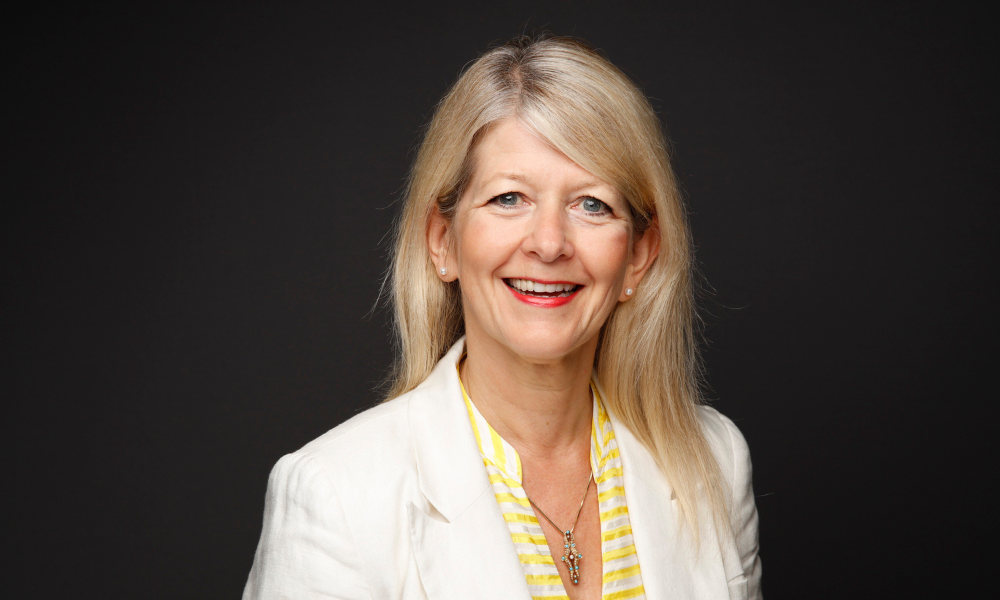Experts discuss trends in the sector

Economic uncertainty has impacted all sectors of the consumer credit market, including second charge mortgages.
“New business in April was 23% lower by value and 22% lower by volume than the same month last year,” according to Fiona Hoyle (pictured), director of consumer and mortgage finance and inclusion at the Finance and Leasing Association (FLA).
However, experts believe that due to the economic uncertainty, the second charge market is in fact set to see an uptick in demand over the remainder of 2023.
Mortgage Introducer spoke with several key figures in the second charge market to uncover trends and expectations for the sector moving forward.
Second charge mortgage market trends
Jade Keval, sales director at Somo, is expecting to see more demand for second charge throughout the year because of ongoing economic uncertainty, banks pulling deals and interest rate hikes as customers seek to utilise their existing equity.
“There seems to be no particular trend in what second charge loans are being used for – it’s simply for any business purpose,” Keval said. They are being used by those looking to grow their business, buy new premises or a fleet of vehicles, for a marketing campaign or for upgraded IT systems.
Second charge loans are also, Keval said, providing a solution where business debts or bills need paying off, properties need refurbishing or employees’ wages need covering.
“In addition, despite typical monthly interest payments on buy-to-let properties soaring, there are landlords who still have an appetite to continue to buy or convert property, and are using second charge loans,” Keval said.
While consumer credit customers are understandably cautious about discretionary spending, Hoyle said second charge mortgages remain a valued product for those who do not want to disturb an existing first charge interest rate that is lower than remortgaging in the current climate.
“In the most recent data set for April 2023, the distribution loan purpose showed that 59% of new agreements were for the consolidation of existing loans, 13% for home improvements, and a further 22% for both loan consolidation and home improvements,” she said.
Challenges in the second charge market
Consumer Duty comes into force on July 31 for new and existing products or services, so Hoyle said this current period is the final push to ensure compliance with the new rules and guidance.
“Like lenders in other markets, second charge providers will have to demonstrate that their products and services meet the needs of customers,” Hoyle said.
They will also, Hoyle said, have to show that products and services provide fair value, that all communication meets the standard of consumer understanding, and that effective customer support is available throughout the life of the product.
Meanwhile, Keval said the biggest challenge in the market at present is a lack of education around second charge loans.
“It is our hope that in five years’ time, we will live in a world where second charge lending is standard and is as common as going to a high street bank to raise funds,” she said.
While Keval has noticed an uptick in brokers open to second charge, she said there is more to be done in raising awareness of what this area of the market can offer.
Expectations for 2023
“The chancellor has said the UK has ‘no alternative’ but to hike interest rates in a bid to tackle rising prices and slow inflation,” Keval said.
As interest rates increase and loan costs get higher, Keval said it is likely to make 2023 a year of homeowners and landlords staying put and utilising their existing equity for business.
Keval believes this is bound to boost the second charge market as people still want to access the equity in their property and hold on to their current deal.
“In 2022, borrowers took out almost £2 billion in second charge loans, and brokers should assume that if homeowners stay put and carry out renovations during this time of instability, this figure is likely to significantly increase,” she said.
What trends have you seen in the second charge marketplace? Let us know in the comment section below.



